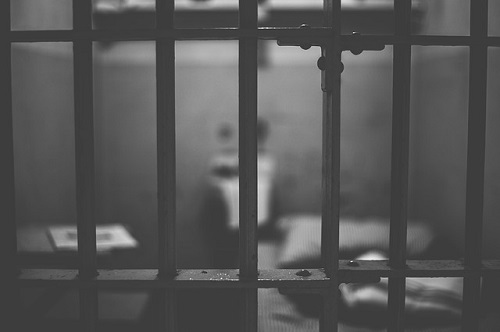Racial Gap Remains in MA Prisons, Despite National Progress

Laura Rosbrow-Telem-Commonwealth News Service
BOSTON – There’s been positive movement in reducing racial gaps in prison populations across the United States, according to a new report. However, there’s a long way to go to eliminate the lingering disparities – including in Massachusetts.
The report from the Council on Criminal Justice said fewer black Americans are being arrested for drug crimes and violent crimes.
Adam Gelb, president and chief executive of the nonpartisan council, said the report looked at data between 2000 and 2016, and the findings provided a glimmer of hope.
“Many of the racial gaps in the criminal-justice system are shrinking, particularly among women, particularly for drug offenses and particularly at the front end of the system,” he said. “The gaps are still huge, but this is a problem that has gone from worse to bad.”
For example, the report said, in 2000, African-Americans were imprisoned for drug crimes at 15 times the rate of whites – but that ratio had fallen to less than five-to-one by 2016.
The report doesn’t break the numbers down by state, but research from the Massachusetts Department of Corrections suggest there’s still a wide gap. At close to 9% of the state’s population, African Americans represent more than 25% of the prison population.
Gelb says justice-system reform advocates in states like Massachusetts can use this report to push for more changes to close these gaps.
“The main thing we hope from this report,” he explained, “is that it inspires people who care about this issue and who are passionate about it to do more analysis and to take action where it is going to make the most sense in their jurisdictions.”
The report says one of the areas where significant problems continue is the parole system. Gelb adds that the lengths of prison terms increased across all crime types for African Americans, slowing the racial disparity decline.
Recently, U.S. Rep. Ayanna Pressley introduced legislation that aims to reduce the number of people in American prisons.
The report is online at counciloncj.org.
